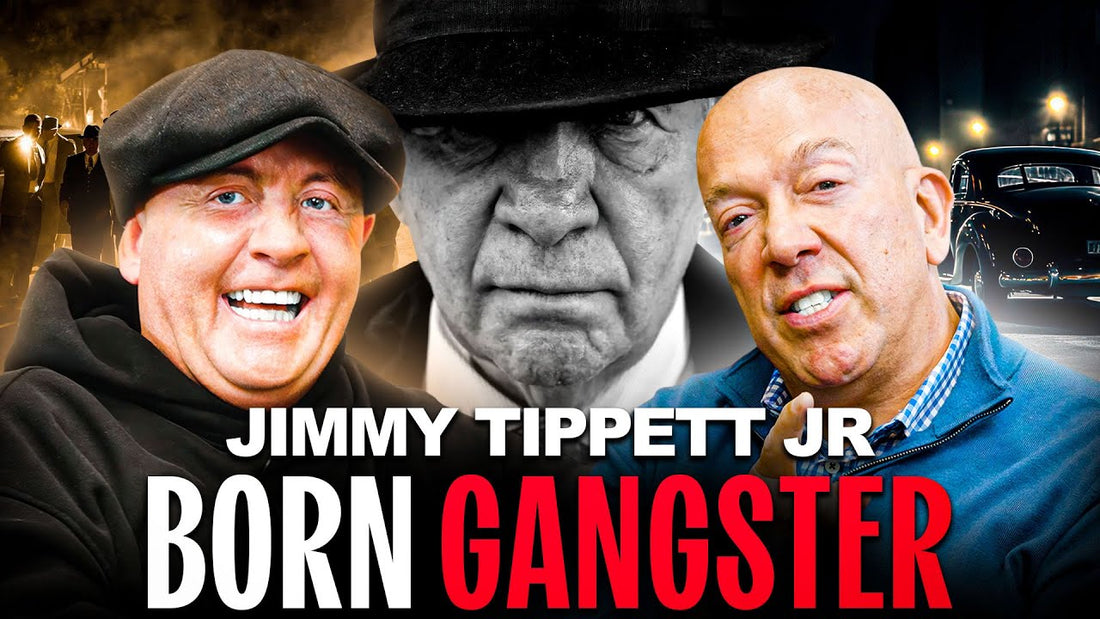Jimmy Tippett Jr. was born into a world of wealth, celebrity, and danger. The son of feared gangster and professional boxer Jimmy Tippett Sr., he grew up around London’s criminal elite, surrounded by Rolex watches, mini motorbikes, and lavish parties. But behind the glamour lay a world of brutal violence, organized crime, addiction, and betrayal.
This is a raw, unfiltered look at how a young man with everything ended up losing it all—and how he’s now rebuilding from the ground up.
Growing Up with a Gangster Father
To the outside world, Jimmy Jr. had it all. His father was a local legend in both boxing and the criminal underworld. Tippett Sr. was once described by Henry Cooper as one of the greatest fighters he ever saw, but he walked away from a promising boxing career to pursue the fast life.
“We had horses, mini motorbikes, holidays, Rolexes. But my dad was cutting people’s fingers off,” Jimmy Jr. recalls. The duality was striking—at home, his father was a loving parent; in the streets, he was feared.
Yet for many years, Jimmy Jr. didn’t fully understand the extent of his father’s violent legacy. It wasn’t until adulthood—after reading his father’s biography and listening to true crime podcasts—that he grasped the full scale of the crimes. “I was shocked,” he says. “He was a different man at home.”
Playboy Bunnies, Prizefighters, and Power
Jimmy’s mother was a former Playboy Bunny, 18 years younger than his father. She envisioned a better life away from the criminal world but soon found herself immersed in it.
They moved to Kent—then known as the “Beverly Hills of England”—where Tippett Sr. set up a thriving security business tied to London’s club scene. But his income wasn’t just from legitimate work. He had deep ties to the Richardson Gang, the Krays, and even Mafia families in the U.S.. Jimmy Jr. reveals his dad once worked with Russell Bufalino and Meyer Lansky’s associates, figures linked to drug empires and cartel killings.
Despite these dangerous associations, Tippett Sr. still found time for family, always bringing gifts and stories. “He gave Brian Cox his first film break. He worked with Donald Sutherland. He mixed with both actors and enforcers.”
The Seduction of Crime and the Fall from Grace
While his father lived by a brutal code, he maintained discipline. Jimmy Jr. did not. Introduced to cocaine in his 20s, he fell hard. “I wasted my entire 20s snorting coke. It cost me everything—my family, my jobs, my mind.”
Jimmy spiraled into crime, fraud, and deception. One of his early arrests came after failing to return high-end watches that were given on “sale or return.” He spent time in prison—a pattern that repeated itself over the years.
“People think prison is glamorous when you’re in that world,” he says. “But it’s not. It’s boring, it’s lonely. No one visits. No one cares.”
His parents, once proud, grew disappointed. “I let them down badly. I sofa-surfed. I manipulated friends. I was a mess.”
Crime and the Illusion of Wealth
One of the biggest myths Jimmy Jr. wants to dispel is the idea that crime still pays. “It doesn’t. Not anymore. Back in the day—yes. No DNA, no CCTV, no paper trails. But now? You get nicked. Every time.”
When his father died, Jimmy Jr. was left with a few sentimental items—some cufflinks, a Rolex, a pair of Jimmy Choo shoes. But HMRC froze his inheritance under the Proceeds of Crime Act. “They held it in a solicitor’s account for two years. I never saw a penny.”
The life of luxury—cars, champagne, watches—was fleeting. “I’d rather have a Skoda and peace of mind than a Lambo and be looking over my shoulder.”
From Addiction to Recovery
The turning point came after another stint in prison and the realization that his father’s legacy was becoming a burden, not a blessing. “I used to love saying who my dad was. Now I wanted to hide it.”
Jimmy sought help, got clean, and began to rebuild. Today, he’s running a successful energy company, focusing on legal success and using his story to warn others.
He’s also working on finishing his father’s autobiography, The Real Deal, with all royalties going to cancer and dementia charities. “My mum died from cancer. My dad had dementia. It’s the least I can do.”
Inside Stories from the Underworld
Jimmy Jr. offers a treasure trove of stories that reveal the darker corners of British crime:
- Ronnie Kray once tried to glass a comedian who insulted his appearance.
- His father refused to work for the Kray twins, choosing the Richardsons instead—because they paid better.
- Freddy Mills, the legendary boxer, may have been the real “Necktie Strangler.”
- A Sicilian mobster’s daughter once sent Jimmy a van full of boxing memorabilia in honor of his father’s favor to their family in the '60s.
From shady promoters to mafia bosses, Jimmy Jr.’s life reads like a crime novel—except every word is true.
Redemption and Responsibility
Looking back, Jimmy Jr. doesn’t try to glamorize his past. Instead, he owns it—with regret and honesty. “I hurt people. I lied. I wasted a lot of years. But I’m trying to make amends.”
His message to young people is crystal clear:
“Crime doesn’t pay. You think it’s all champagne and watches, but you end up alone, addicted, or dead.”
Instead, he advocates for discipline, education, and second chances. “You can change your life. I did. But you’ve got to want it.”
Conclusion: A Gangster’s Son Finds His Own Path
The story of Jimmy Tippett Jr. isn’t just about crime. It’s about identity, trauma, and the long road to redemption. He was born into chaos but is choosing to leave a legacy of truth, accountability, and hope.
Whether through his podcast appearances, his writing, or his candid interviews, Jimmy is offering a rare glimpse into the reality behind the headlines—a reminder that even the darkest stories can find light.

